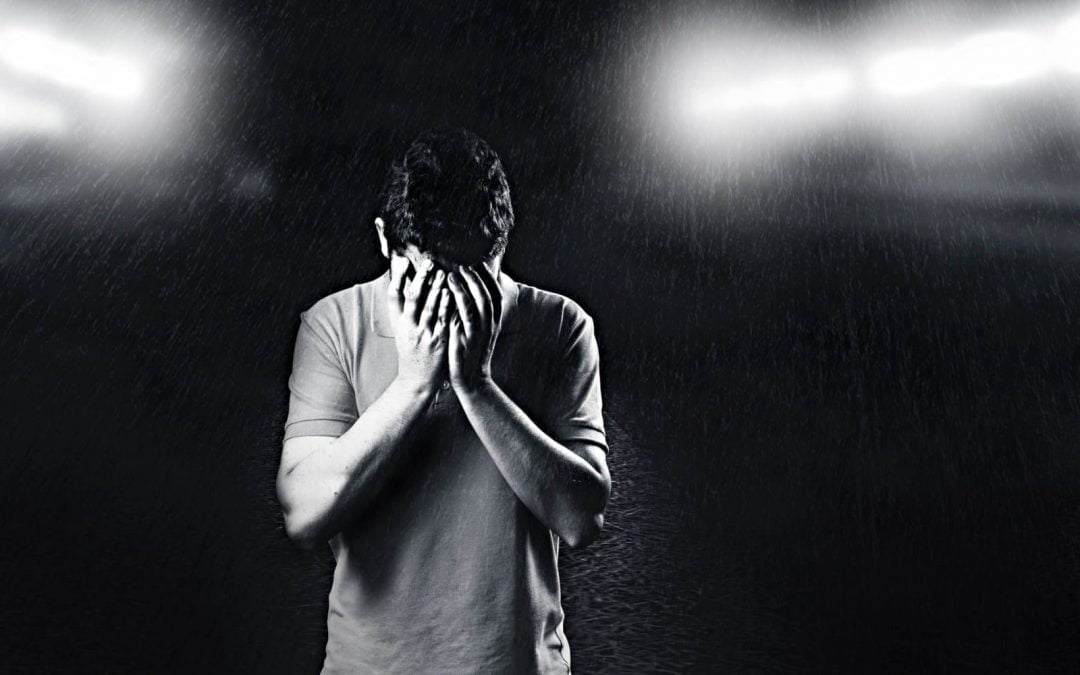Jarrid Wilson, an associate pastor in a California megachurch, was a strong advocate for mental health.
He began an organization to help promote good mental health and was very open about his own struggle with depression. On Monday evening, he took his life.
Sometimes, people think ministers are immune from the challenges that affect others. We’re not. We struggle with the same physical and emotional problems that others battle.
Too often, we keep these battles private, afraid or ashamed to share them openly in fear that people will think less of us. Sometimes, that leads to preventable tragedy.
From news accounts I’ve read, Wilson did not keep his battle with depression private. He was open about his struggles in his books, his sermons and on social media.
I’ve shared my own battle with depression on my blog, in my books, in pastor conferences I’ve led and in sermons.
Unlike some others, my depression did not include thoughts of suicide, but it did take me into some dark times.
I can’t recall a time when I was open about my struggle with depression that someone didn’t come to me thanking me for the hope I had given them.
I pray I will never go through such a time like that again, but I am thankful that my experience has brought hope to others who were going through it.
For a year, I met weekly with a Christian counselor and took medication for depression.
Some Christians still believe that counseling and medication for emotional issues show a sign of weakness or a lack of faith.
These same people think nothing of taking an aspirin for a headache or insulin for diabetes. There is no difference.
Physical and emotional illnesses are just that – illnesses. Along with prayer, we should avail ourselves of everything that can help us overcome any illness we might encounter.
I’m thankful that I could see a Christian counselor who could help me understand what was happening to me and a doctor who prescribed the best medicine for my condition.
Both helped speed my recovery and perhaps prevented something worse.
As a judicatory minister serving a number of churches, I met pastors I was convinced were clinically depressed. I always pointed out my concern to them and encouraged them to see a doctor. I’m not sure any of them did.
With one pastor’s permission, I shared my concern with his wife. With tears running down her face, she nodded her head in agreement. She knew he was depressed. So did he.
The last I knew he had done nothing about it. I think I know his reasons. None of them is valid.
The ministry can be a lonely place. It can become even lonelier when we are battling emotional and mental illnesses. It is during such times that we cannot afford to cut ourselves off from those who can help us.
We need someone to talk to, someone who will love us despite what is going on inside us. We need people we can call when our thoughts threaten to overwhelm us.
We also need to talk about this from the pulpit.
Struggling with emotional and mental illnesses doesn’t make one less of a Christian. It doesn’t demonstrate a lack of faith.
There is nothing evil about seeking help from counselors or doctors for these kinds of problems.
Rather than judging someone struggling with these issues, this is a time for the church to gather around the individual to help love him or her back to health.
It’s also a time for the church to gather around the family. This is a rough time for them as well as for the one struggling with the problem.
I know my depression brought many difficult times for my family. They struggled to understand what was happening to me. My yearlong recovery had numerous setbacks that were difficult for everyone.
The church needs to walk through this valley with the family to assure them they are not alone in this.
Editor’s note: A version of this article first appeared on Bickers’ blog, Bivocational Ministry. It is used with permission.
Dennis Bickers is a church consultant and author. He served previously as the bivocational pastor of Hebron Baptist Church near Madison, Indiana, for 20 years followed by a 14-year ministry as a resource minister with the American Baptist Churches of Indiana and Kentucky.

